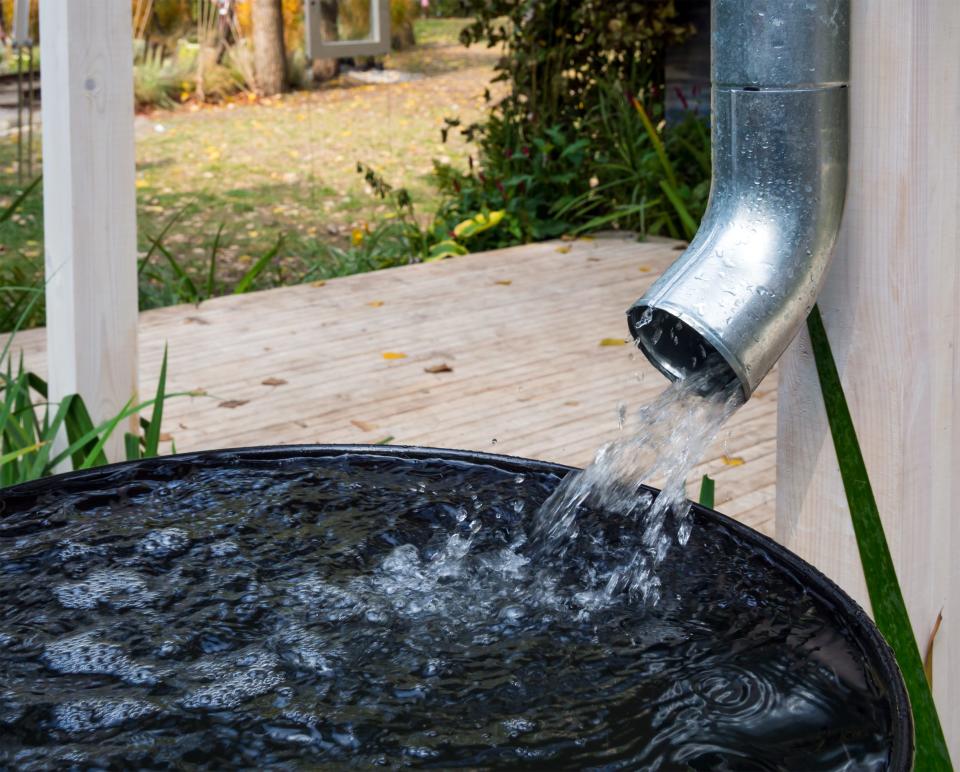Rain gardens can help the environment
Rain Gardens help the environment.
They decrease flooding. They decrease the number of pollutants from roofs, roads, sump pumps, sidewalks, etc. that wash into storm drains and from there into rivers and streams.

Slow drainage into the ground filters out pollutants. The federal Environmental Protection Agency (EPA estimates that pollutants carried by rainwater runoff account for 70% of all water pollution. See the website https://groundwater.org/rain-gardens.
Rain gardens are specially constructed features in your yard that collect runoff water, including runoff from lawns. and let it drain slowly into the soil. They can be small for your yard, or large as are used at places like parks, museums, etc.
In simplest terms, a rain garden starts with a depression in an area where water can drain. It is then filled with different layers of porous fill and water tolerant plants with deep roots to collect the water and slowly let it seep into the deeper layers of the ground.
There are many things to consider: local government rules, underground utilities, the type of soil in your yard, amount of sun in the area, property boundaries, and building foundations. It takes some education to figure out how to proceed.
A good website to reference is https://cornellbotanicgardens.org/conserve/going-green/sustainability-at-home/rain-garden-resources/ .
If you decide to have a landscaper create a rain garden for you, make sure they are experienced with rain gardens. Starting a rain garden takes careful planning, but once established it is usually low maintenance.
When your rain garden is ready for plants, you do not have to use native plants, but it is good for the environment to do so. Some plants to consider are milkweed, astilbe, New England Aster, turtlehead, some ferns, coneflower, blueberry, or wild bergamot. There are many others.
The Master Gardener Volunteers of Oneida County have invited the public to attend their May 21st. Business Meeting at 6:30 p.m., which will include an educational program by Jessica Armstrong. Jessica is the Director of Oneida County Soil and Water Conservation District.
They are in the process of adding a rain garden to the Parker F. Scripture Gardens at the Extension. She will take everyone outside to go over what they are doing. Please contact Holly Wise, Resource Educator at 315-736-3394 ext. 1-125 if you plan to attend.
Home and garden questions can be emailed to homeandgarden@cornell.edu or call 315-736- 3394, press 1 and then Ext 333. Leave your question, name and phone number. Questions are answered weekdays, 8am to 4 pm. Also, visit our website at http://cceoneida.com/ or phone 315-736-3394, press 1 and then Ext 100.
This article originally appeared on Observer-Dispatch: Rain gardens are beneficial. Here's why

